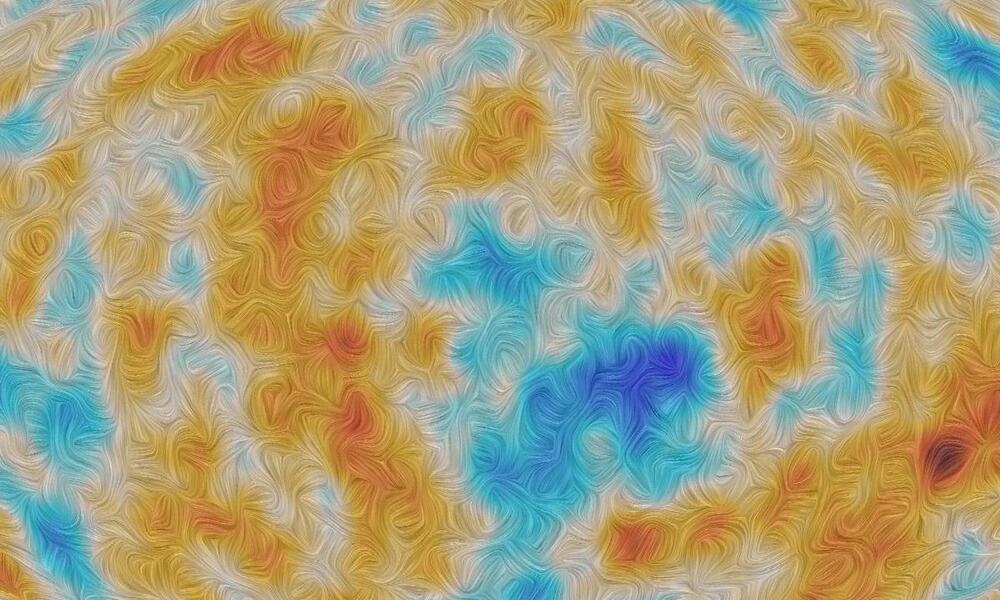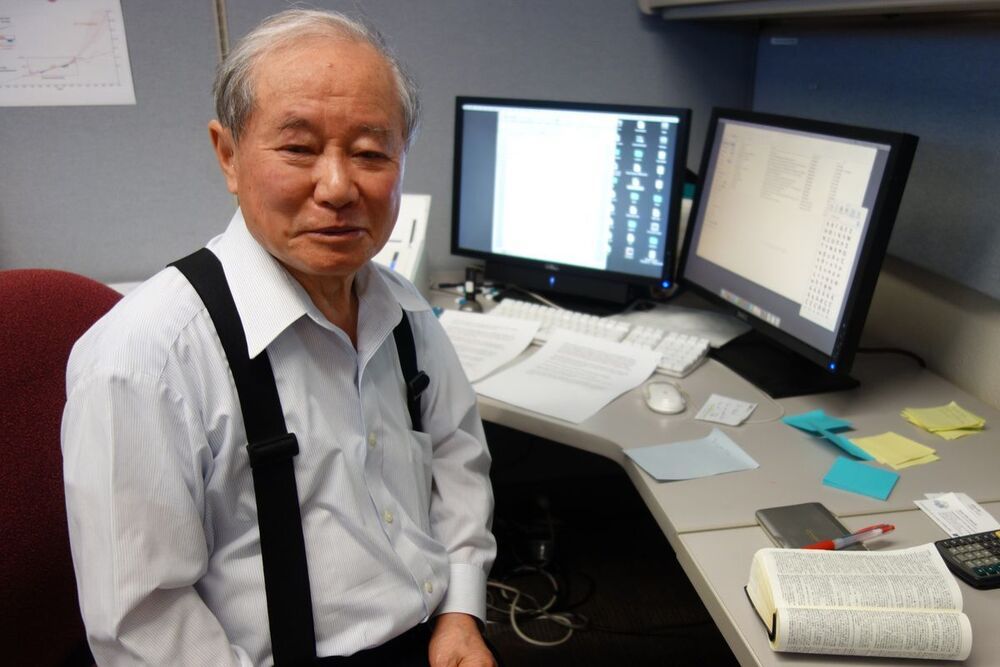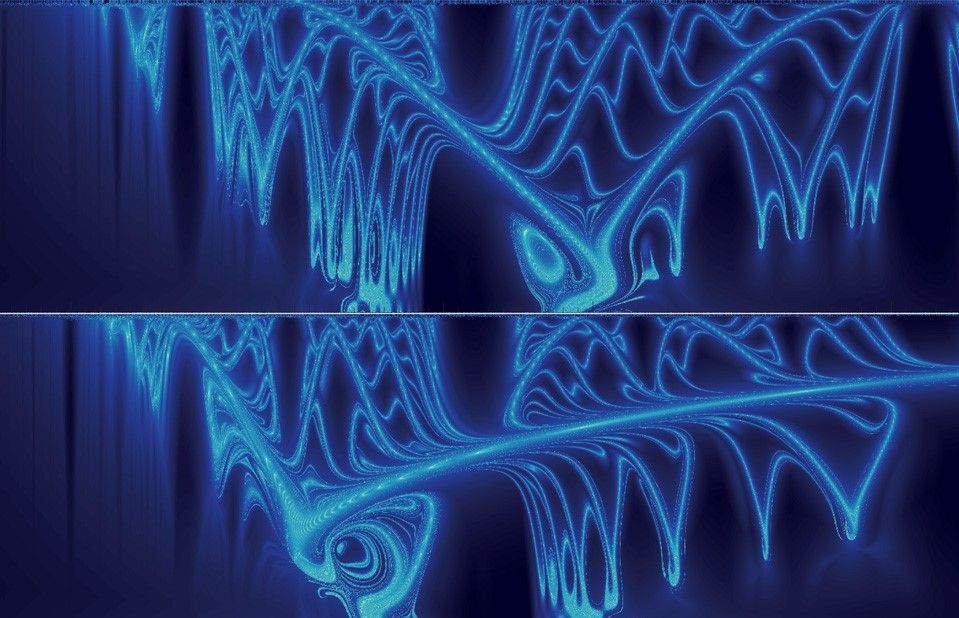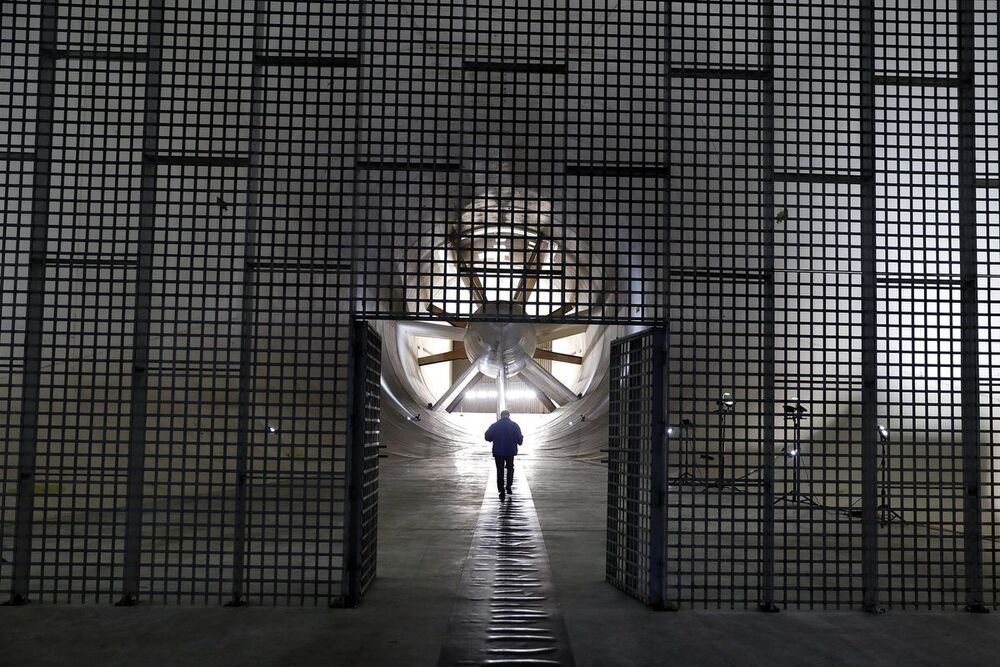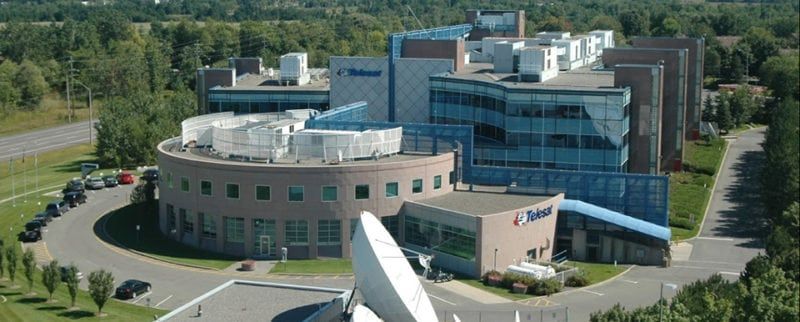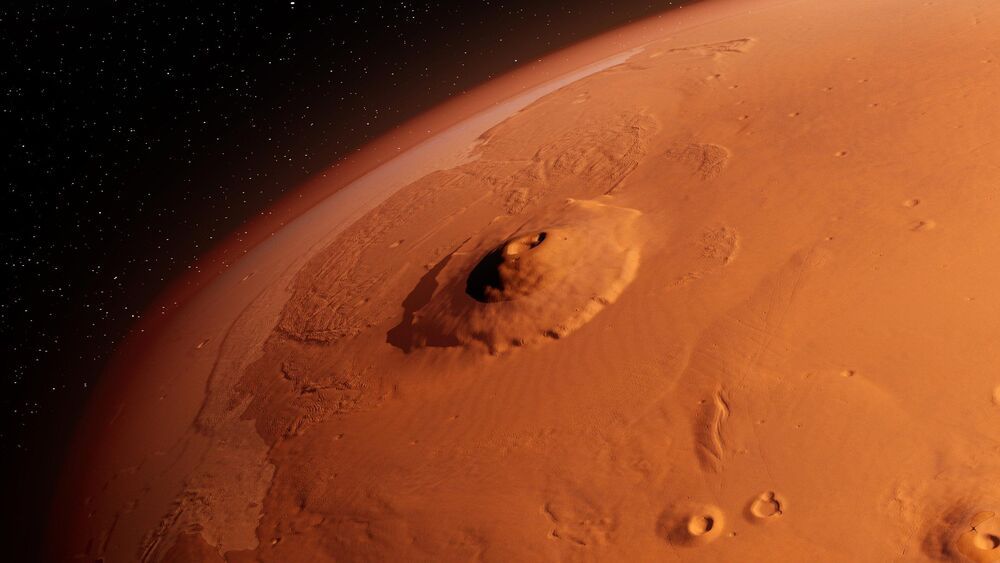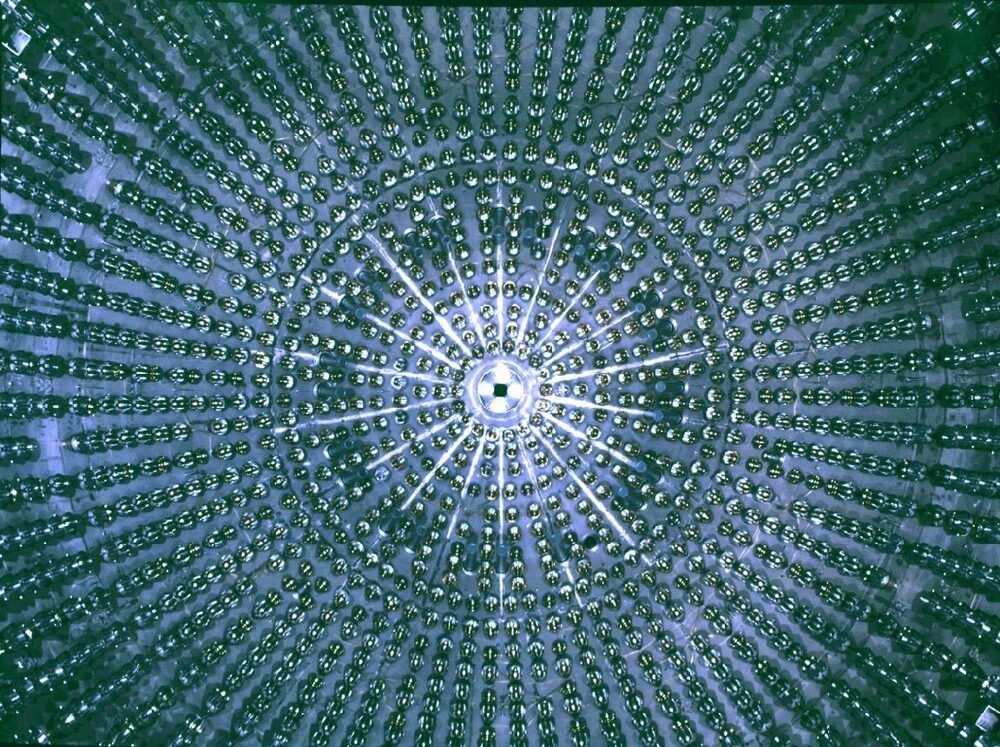Welcome back to our series on Martian colonization! In Part I, we looked at the challenges and benefits of colonization. In Part II, we looked at what it would take to transport people to and from Mars. In Part III, we looked at how people could live there. Today, we will address the question of how people could establish an industrial base there.
If we intend to “go interplanetary” and establish a colony on Mars, we need to know how to address the long-term needs of the colonists. In addition to shelter, air, water, food security, and radiation shielding, the people will need to create an economy of sorts. The question is, what kind of industry would Mars support?
There’s Gold in Them Thar’ Hills!
One of the main reasons why Mars is considered an attractive location for a colony is the similarities it has to Earth. Like Earth, it’s a terrestrial (aka. rocky) planet that’s composed primarily of metals and silicate minerals, which are differentiated between a metallic core and a silicate mantle and crust.
